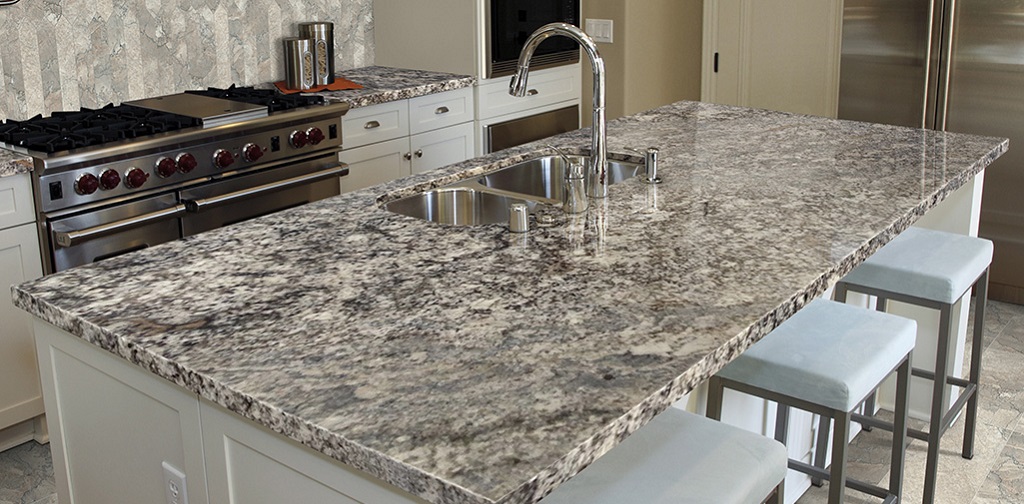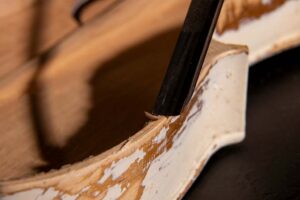Different Styles of Kitchen Countertops

There are many different styles of kitchen countertops, each offering unique attributes. Some may be more prone or resistant to scratches, heat distortion or scalding, color fading, and absorption of fluids.
Wood countertops are an excellent choice for a casual, rustic aesthetic. However, this material requires regular oiling and is prone to water damage.
Marble
Marble countertops add a luxurious, classic look to any kitchen. The natural stone comes in many colors and veining patterns, so each countertop is one-of-a-kind. This kitchen features honed statuary marble that coordinates with the soft gray cabinetry. Marble can also work well in minimalist designs.
Marble is a porous material, so it’s essential to use protective sealants and clean regularly. However, newer marble sealants make this once-risky choice more manageable for homeowners.
Quartzite
Despite having similar names, quartz and quartzite are not the same materials. They may share a similarly appealing appearance but are entirely different in strength and price.
There are plenty of color options for homeowners interested in quartzite countertops. Classic white quartzite works well for any style kitchen and can even mimic the look of marble without the etching that comes with it.
Fabricators and homeowners can test the porosity of a quartzite slab by pouring water onto its surface. Quartzites with low porosity are durable and resistant to stains when appropriately sealed.
Stainless Steel
Stainless steel counters offer chef-worthy strength and a shiny finish that’s attractive in any kitchen style. The metal resists stains and corrosion from acidic or alkaline foods and cleaners and stands up to heat. This countertop material is ideal for a modern or industrial kitchen but can also work in rustic and country kitchens. If you choose a matte or antique finish, the appearance will hide scratches and fingerprints more quickly than a polished or mirror finish.
Stainless steel countertops are custom fabricated and more expensive than granite or quartz. The stainless steel you use should be type 304, which is food-grade and nonporous. This will keep it resistant to rust and bacteria.
Porcelain
Porcelain kitchen countertops are incredibly heat-resistant and nonporous, which makes them easy to clean. They are also durable and do not stain easily.
Unlike marble, which ranks about 3-5 on the Moh’s hardness scale, porcelain is around 7. This gives it more durability and strength for countertop use.
It can also be manufactured in extra-large slabs, so fewer seams are needed. This can save money and time in the installation process.
Like quartz, it is free of VOCs, PVCs, formaldehyde, and allergens. It is also hygienic and inhospitable to bacteria, molds, mites, and fungi. Porcelain countertop edges can be cut with various designs, including rounded, straight, bullnose, ogee, and cove. They can be polished to enhance the shine of the countertop.
Solid Surface
A solid surface is a dense, nonporous material that resists staining and bacteria buildup. It’s heat-, chip- and scratch-resistant and comes in various visually appealing colors. It can be molded into curves and can support integrated sinks. It also offers a range of unique features, including molded backsplashes and a wide variety of sink styles. It can be refinished and resealed to restore its sheen.
Like quartz, solid surface countertops are manufactured from natural elements and resins.







